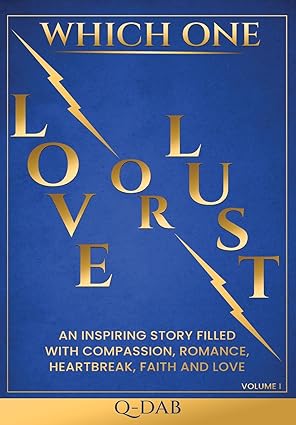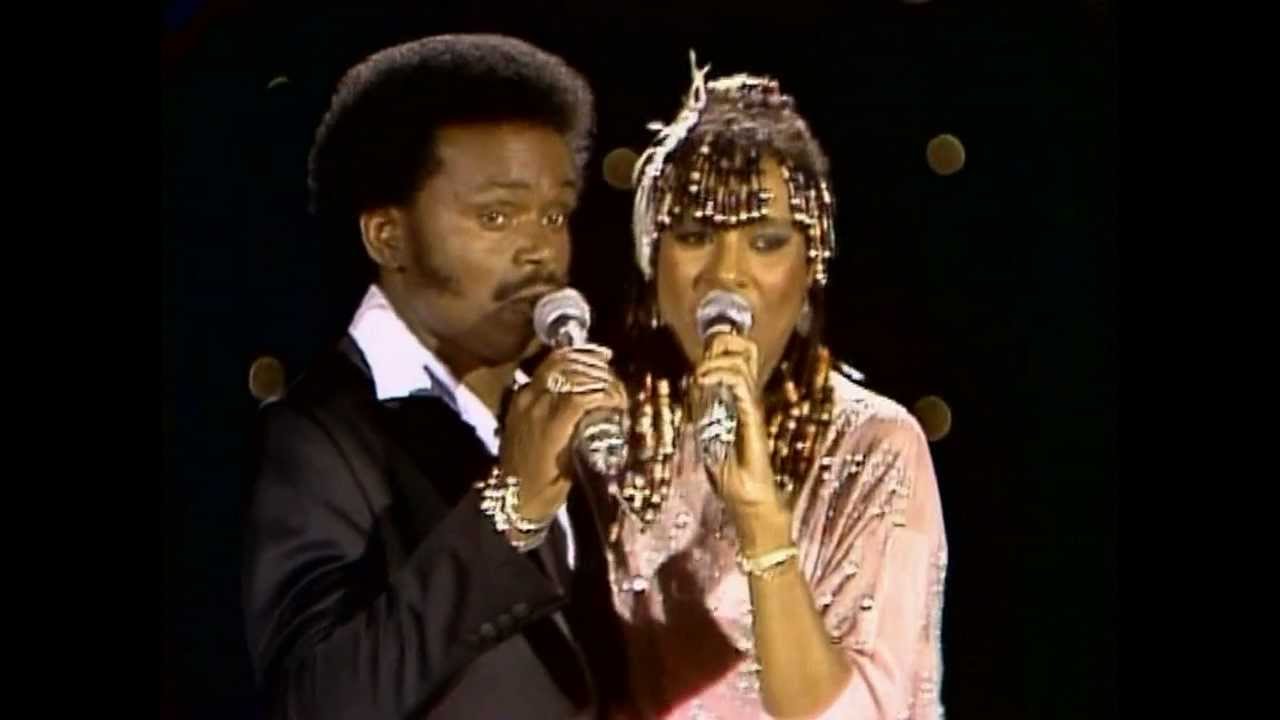How to Win Him Back When He’s Dating Someone Else

It’s late, isn’t it? The kind of late when the world is quiet—except for the thundering thoughts in your mind. You’re lying there, scrolling mindlessly through social media, and then you see it: him. There he is, grinning with someone else. The pang in your chest is immediate. A sharp twist. A gut punch that you can’t shake. You stare at the image for what feels like hours, though it’s only been a few seconds. Why does it hurt so much? How can he just… move on like that?
It’s suffocating. You start to wonder if maybe you weren’t enough. If that love you shared was just a brief moment in time, nothing more than a fleeting spark. But, here’s the thing no one tells you: that spark? It doesn’t just disappear. It lingers, tucked away in the corners of both your hearts. Even if it’s buried under a new layer of emotions—his, hers, yours—it’s still there. Trust me.
I get it. This situation feels impossible. You’re probably asking yourself, “Is it too late to win him back?” or “What if he’s really happy with her?” These thoughts are the worst kind of torment, aren’t they? They gnaw at you, keeping you up at night. And what about that nagging voice in your head that keeps whispering, “You don’t stand a chance now, do you?” Let me stop you right there—it’s not true.
People change, feelings evolve, and relationships, no matter how seemingly perfect, don’t always last. His new relationship? Yeah, it might feel like the end of the world right now, but don’t get fooled by the surface-level stuff. New things are exciting, sure. But they’re also fragile. They haven’t stood the test of time like you and him did.
It’s natural to think maybe you’re just out of the picture now. After all, he’s with someone else. You see him smiling in those photos, laughing with her, and part of you just wants to turn away, to block out the hurt. What’s the point, right?
But wait—before you let that darkness swallow you whole, let’s think about this for a second. I mean, sure, it looks like he’s moved on. But let’s be honest: love isn’t that easy to replace. No matter how shiny and new his new relationship seems, it doesn’t undo what you shared. It doesn’t erase the history, the inside jokes, the way he looked at you with so much warmth in his eyes. You were once the person he trusted, the one he turned to in his toughest times, the one he shared those quiet moments with. That doesn’t vanish with a new girlfriend. It doesn’t vanish ever.
I’m not saying this is going to be easy. It’s not. If anything, it might even feel like you’re fighting an uphill battle. You’re probably sitting there thinking, “How do I even start?” Maybe you’ve tried reaching out before, maybe you’ve sent texts, or maybe you’ve been too subtle, hoping he’d pick up on your emotions without you saying anything directly. And none of it worked, did it? Maybe that’s the worst part—you’ve tried, but it just didn’t go the way you hoped.
But here’s something that might surprise you: you’re not doing it wrong. You’re just trying to figure out the puzzle without the right pieces. You’ve been pushing, maybe a little too hard, and it’s causing the opposite effect. Maybe, just maybe, you need to take a step back—a deep breath. Let things settle for a moment, and approach this in a way that feels real. Not desperate. Not fake. Real.
Because—here’s the kicker—this isn’t about winning him back by being someone you’re not. You can’t force someone to love you. But what you can do? What you have to do? Reconnect with that spark you once shared. Remember why he fell for you. And, no, it wasn’t just your looks or the fact that you both enjoyed the same music—it was something deeper. Something that went beyond surface-level connections.
If you’re thinking, “But how am I supposed to do that when he’s already with someone else?” Well, let’s be clear here: the best way to move forward isn’t about competing or trying to “one-up” his new partner. That approach? It won’t work. You can’t get someone back by playing mind games or trying to show them someone else is better. No, the goal here is emotional reconnection.
I know, I know—you’re probably rolling your eyes a little, thinking, “How is that even possible?” But here’s the truth: emotions, feelings, bonds—they’re not as easily broken as we like to believe. People fall in love over time, with shared experiences, with deep conversations, and with moments that no one else gets to see. What you had with him? That’s not easily replicated. No matter how wonderful his new relationship seems, the emotional bond you built? It’s still there, in the background, even if he hasn’t fully acknowledged it.
But I get it. The fear creeps in. What if he really is happy? What if this is the real thing, and I’m just chasing a lost dream? The truth is, you don’t know. And neither does he. Relationships are complicated. Sometimes, people enter new ones because they’re scared of being alone, or because the excitement feels like a band-aid on an old wound. Not all relationships are built on the kind of deep, lasting foundation you two shared. And that’s something that doesn’t get talked about enough—new relationships are often fragile.
You might be thinking, “But what if I try and fail? What if I push him away even more?” The fear of rejection is real. That knot in your stomach? I feel it too. But listen: rejection is not the end of the world. It feels like it, sure. It hurts like hell. But every step you take towards emotional growth, every effort you make to reconnect, is a victory—no matter the outcome. It’s about showing him—and yourself—that you’re not afraid to put in the work.
You might be saying, “I can’t do this. What if I mess it all up?” Look, I’ve been there. That voice telling you, “You’re too late” or “It’ll never work out”—it’s a liar. Don’t let it trick you. There’s still a chance, and more importantly, there’s a way to make it happen.
Now, I’m not suggesting you rush back into his life with grand gestures or desperate pleas. No. That’s not the answer. The key is in understanding the emotional landscape between the two of you. Instead of trying to force him back, think about how you can help him remember what you once shared. That might mean giving him the space to think. It might mean showing him you’ve grown too—into a person who is emotionally stronger, more understanding, and even more attuned to his needs.
You’re probably asking, “How do I even start?” It’s all about strategy. It’s about reconnecting emotionally in ways that feel natural, not forced. No need for big declarations or grand speeches. It’s the small things—the kind of things that show your depth, your growth, and your genuine care.
You’re probably thinking, This sounds complicated. But it doesn’t have to be. Getting your ex back when he’s dating someone else is about finding the emotional balance, not about fighting for attention. It’s about trust, patience, and letting him realize, on his own, that you two have something unique.
Here’s the thing: this process isn’t about rushing. It’s about showing up—authentically. It’s about letting him rediscover who you really are, beneath the surface. The rest? That comes with time. Just trust me: when you approach this with calm, confidence, and the right strategies, you’ll see things fall into place.
So, are you ready to take the first step? Are you ready to stop wondering and start taking action? You’ve got this. Don’t give up on what was once beautiful. Because love, real love, is never truly lost.








